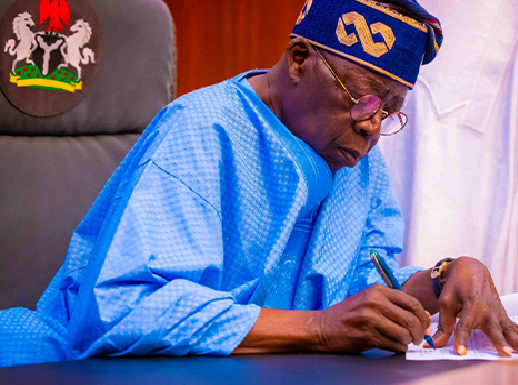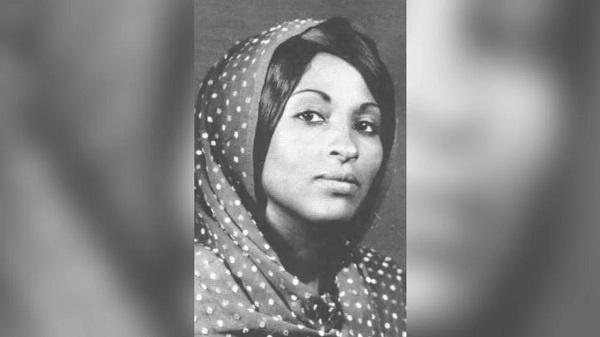The Diaspora Dilemma: Why Nigeria Needs Its Best Minds Back Home

A thought experiment highlights a critical challenge for Nigeria’s future, particularly for the Igbo community.
It’s a familiar Nigerian narrative: ambitious parents, striving to give their children the best opportunities, send them abroad to study. But what happens after graduation? A recent discussion sheds light on three distinct paths, represented by the sons of Hausa, Yoruba, and Igbo parents, and the profound implications these choices have for the development of their home regions.
Three Paths, Three Destinies
Imagine this scenario:
- The Hausa Son: Upon graduating abroad, he returns to Nigeria without hesitation. He embraces a career in public service, committed to gradual growth and contribution, regardless of the initial low pay.
- The Yoruba Son: He seeks global experience, working abroad for a few years (up to five) to gain valuable skills and expertise. His goal, however, is to return to Nigeria to leverage this experience within an expatriate or leading private sector company.
- The Igbo Son: Similar to his Yoruba counterpart, he secures a lucrative job abroad. But unlike the Yoruba, his intention is to settle permanently overseas, even bringing his immediate and extended family to join him. His children grow up disconnected from their Igbo roots, not even speaking the language.
A Decade Later: Impactful Divergence
Fast forward 10 to 15 years, and the long-term effects of these choices become strikingly clear:
- The Igbo Son thrives as an influential Software Engineer in a Canadian firm, a testament to his individual success. He sends money home to erect a grand mansion in his village – a symbol of personal achievement, yet one that, in isolation, contributes little to broader community development.
- The Hausa Man has risen through the ranks, becoming the Commissioner of Police in the very hometown of the Igbo man. His influence translates directly into community empowerment, creating employment opportunities by recruiting 50 of his people into the force.
- The Yoruba Man has become the Senior Network Engineer for a major mobile network provider in Nigeria – the very one serving the Igbo man’s father. Crucially, he leverages his position to initiate impactful programs, writing to his state government about his company’s intention to sponsor 20 Nigerians for studies abroad, facilitating 15 from his home state – a direct transfer of skills and capacity building.
The Stark Reality: Mansions vs. Development
This illustrative tale highlights a stark imbalance. While Hausas and Yorubas are actively investing their human capital and influence in Nigeria’s public and private sectors respectively, the narrative suggests a trend among some Igbos to prioritize individual overseas prosperity, leading to:
- Deserted Homelands: Grand mansions spring up in villages, yet without accompanying businesses or institutions, these areas remain economically stagnant.
- A “Rush Out” Syndrome: The lack of local opportunities perpetuates the cycle of seeking fortunes abroad, leading to an increasing exodus.
- Cultural Erosion: As families establish roots overseas, subsequent generations risk losing their connection to their language and heritage. Family meetings, once vibrant village gatherings, might become transnational events, held in distant cities like Ontario, California, or Tokyo.
Reimagining “Aku Ruo Ulo”: Beyond Mansions
The traditional Igbo adage, “Aku ruo Ulo” (wealth has reached home), has long symbolized bringing prosperity back to one’s roots. However, the author passionately argues that this definition must evolve beyond merely building luxurious homes.
“Aku ruo Ulo” must now mean:
- Job Creation: Building factories and businesses that employ Igbos in Igboland.
- Institution Building: Investing in schools, hospitals, and other foundational institutions that uplift communities, rather than just hotels.
- Capacity Building: Proactively upgrading the skills of local entrepreneurs and traders to thrive in an increasingly digital and innovative global economy. The era of the traditional lock-up stall is evolving towards online commerce and large retail malls; Igbos, known for their entrepreneurial spirit, must adapt to remain competitive.
A Call to Action
The responsibility for this transformation cannot solely rest on government officials, many of whom may lack the foresight or capacity. It requires a collective awakening. Those who have found success abroad, and those at home, must collaborate to:
- Empower Local Talent: Create opportunities that incentivize talented individuals to remain and contribute within Nigeria, stemming the “rush out” syndrome and curbing social ills like the pursuit of “fast lane” wealth.
- Rebuild Capacity: Invest in education, training, and infrastructure to foster innovation and ensure that Nigeria’s human capital remains competitive both at home and abroad.
The warning is clear: without a fundamental shift in mindset and investment strategy, the very essence of Igboland could be at risk of desertion within the next three decades. “Umunna and Umuada” meetings becoming entirely diaspora-based gatherings is not a distant fantasy, but a potential reality.
The sun is still shining, and there is still time to make hay. It’s time for every Nigerian, particularly the Igbo community, to redefine “home” and invest actively in its future, ensuring a thriving legacy for generations to come.
Source: Dr. Nkem| Contributor| Nigeria





